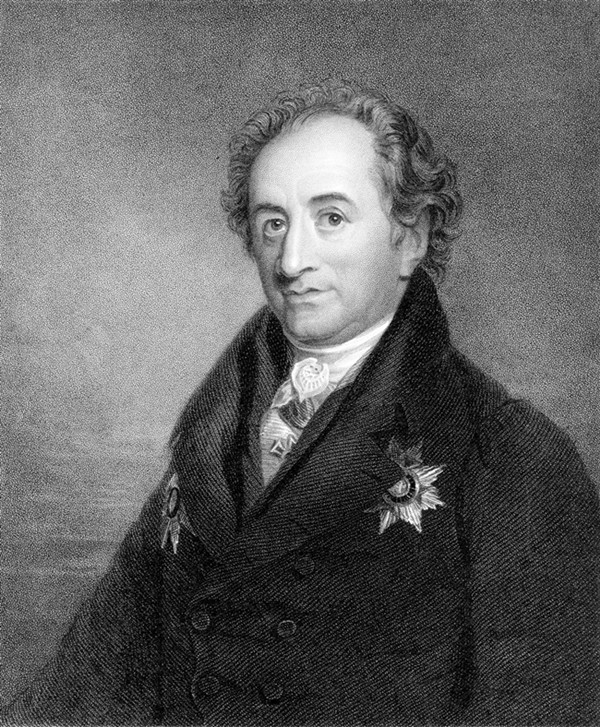
When I was a small boy and living on a grey island far, far away, there was a framed print on my bedroom wall which displayed the French text of an old Breton prayer. It included the line ma barque est si petite; votre mer est si grande. At the time, I assumed it meant “My bark is so small; your mother is so big”. I pondered the possible meanings of this Delphic sentence for considerable time until my mother gently explained that in French barque means “boat” and mer means “sea”. The Breton prayer finally made sense.
Only the other day, someone reminded me that the word barque is related to the Italian barca which also gives its name to the musical word barcarole. This was a type of lilting song popular with Venetian gondoliers, the triple metre being vaguely reminiscent of the slow and measured rowing strokes used to propel the boat. The word was sometimes used to describe instrumental music in a similar lilting style. The very mention of boats brings to my mind John Masefield’s short poem, Cargoes which begins theatrically with the line, “Quinquireme of Nineveh from distant Ophir”. And if your maritime history is a bit hazy, I shall leave you to find out about quinquiremes for yourself. Assuming of course, that you feel it’s worth the effort.
Unlike poets and painters, few composers seem to have found inspiration from the sea, let alone boats. Delius wrote a lovely orchestral piece called Sea Drift and both Britten and Elgar used sea themes. Vaughan Williams wrote a Sea Symphony and the lesser-known Granville Bantock composed a Hebridean Symphony. Oh yes, then there’s Ravel delightful piano piece called Une Barque sur l’Ocean. The German poet Johann Wolfgang von Goethe (GER-ter) was an extraordinary multi-talented individual and was one of the greatest German writers, thinkers and scientific theorists of all time. I mention him because in 1795 he wrote two short and but oddly expressive poems called Calm Sea and Prosperous Voyage. Although they have only eighteen lines between them, these two poems inspired musical works by several composers, notably Mendelssohn, Beethoven and Schubert.
Ludwig van Beethoven (1770-1827): Calm Sea and Prosperous Voyage, Op. 112. Warsaw Boys Choir, Frederic Chopin University of Music Symphony Orchestra, cond. Krzysztof Kusiel Moroz (Duration: 08:50; Video: 1080p HD)
Mention the title and most people will think of Mendelssohn, because in 1827 he wrote an orchestral concert overture of the same name. However, twelve years earlier, Beethoven had set the same poems as a short cantata for choir and orchestra. This small masterpiece has been described as “one of the most overlooked works in Beethoven’s output”. It’s thoroughly charming and beautifully performed by these young musicians from Poland and recorded in top quality video. Incidentally, Beethoven actually knew Goethe well and had admired Goethe’s poetry since his youth.
You’d be forgiven for assuming that Calm Sea and Prosperous Voyage mean more-or-less the same thing. But they are exact opposites. In the days of sailing ships, a totally silent, calm sea with no wind was cause for alarm. The first poem is about a ship hopelessly becalmed and going nowhere, while the second one describes how the wind lifts and the vessel joyfully continues its journey towards land.
Richard Wagner (1813-1883): Overture, The Flying Dutchman. National Children’s Orchestra of Great Britain (Main Orchestra) cond. Howard Williams (Duration: 09:54; Video: 360p)
The Flying Dutchman is a Wagner opera about a legendary ghost-ship destined to roam the oceans forever. It was written in 1841 and inspired by a real-life event. In his 1870 autobiography Mein Leben (“My Life”) Richard Wagner tells how he was inspired to write the opera following a stormy sea crossing he made from Riga (now in Latvia) in July and August 1839. It had been a particularly bad year for him and he was heavily in debt. He was forced to leave the country illegally with his long-suffering wife Minna and Robber, their enormous Newfoundland dog. The voyage was neither calm nor prosperous because they encountered mountainous seas and ferocious storms, one of which almost wrecked the ship. The voyage should have lasted a few days but it turned out to be a nightmare lasting three and a half weeks. You can still sense the terror of the storm in the opening bars of the overture. This is a spirited performance by one of Great Britain’s youngest orchestras, splendidly conducted by Howard Williams.
And just in case you’re still wondering about the Breton prayer I mentioned earlier, here it is in full:
Protégez-moi, mon Seigneur,
Ma barque est si petite,
Votre mer est si grande.
I can’t help wondering whether Richard Wagner might have uttered rather similar sentiments during his horrific voyage in the summer of 1839.
 |
 |
 |





